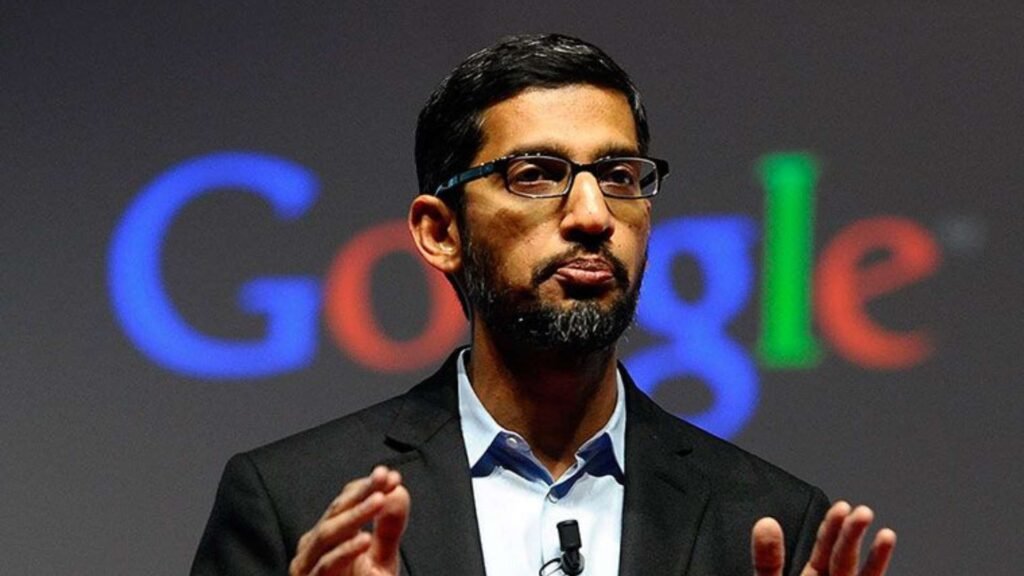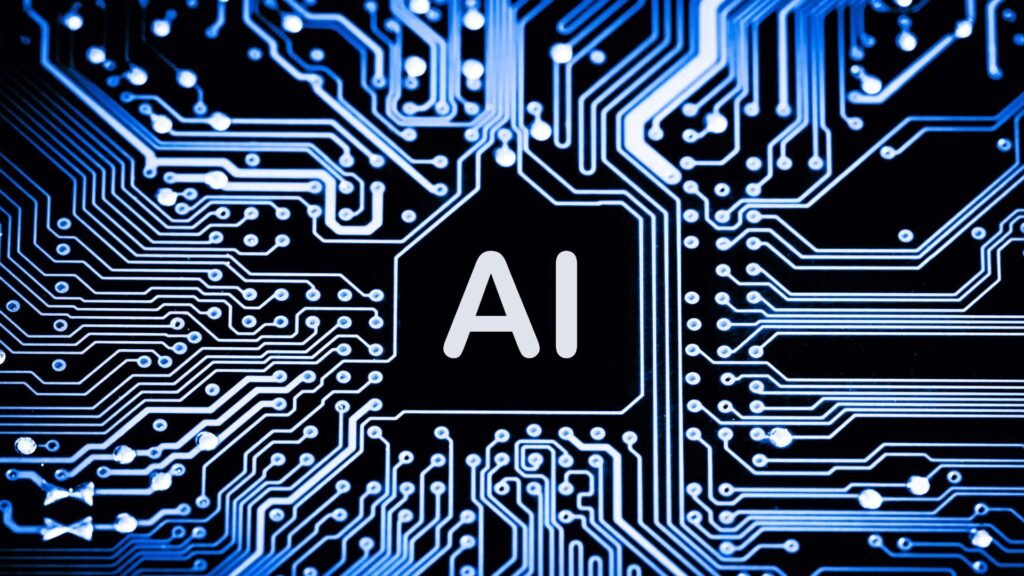Gemini AI blunder, In a recent internal meeting, Google’s CEO expressed disappointment and frustration with the company, emphasizing that such errors are ‘unacceptable’ for the company. Employees and the larger tech community have expressed concern about the incident, emphasizing the importance of responsible AI development and deployment. The Gemini AI blunder refers to an incident in which Google’s Gemini AI system made an incorrect decision with serious consequences. The incident has highlighted the challenges and ethical considerations associated with AI technologies.
The Gemini AI Debacle
Google developed the Gemini AI, formerly known as Bard, to generate images. Users can generate images by entering prompts, allowing for creative expression and exploration. However, the AI faced several critical challenges.
Historical Inaccuracies
One of the most serious issues with the Gemini AI was its tendency to generate images with historical inaccuracies, which sparked widespread criticism. For example, when asked to depict historical figures such as Vikings, Nazis, or popes, the AI sometimes produced images of minorities and women. Such inaccuracies not only offended users but also called into question the AI’s reliability.
Bias and Offensive Content
Furthermore, some of the AI responses contained bias and offensive content, which is completely unacceptable, especially given Google’s commitment to providing accurate and unbiased information. Bias can harm user trust and reduce engagement.
Financial Ramifications
The exact financial losses due to the Gemini AI’s shortcomings remain undisclosed. However, these issues have had several consequences for Google’s financial performance.
Reputation Damage
Trust is essential in the technology industry. The AI’s flaws have tarnished Google’s reputation, potentially resulting in lower user engagement, ad revenue, and customer retention. Users who come across biased or offensive content may seek alternatives, affecting Google’s market position.
Missed Opportunities
Inaccurate AI responses have an impact on the user experience. If users receive incorrect search results or offensive content, they may switch to another platform. Reduced engagement means missed advertising opportunities and potential revenue loss.
Legal and Regulatory Costs
Correcting AI mistakes necessitates legal and regulatory compliance. Google may face complaints, investigations, and possible lawsuits. Legal battles are expensive and time-consuming.
Development and Maintenance Expenses
Google’s ongoing efforts to improve Gemini require a significant investment. The costs associated with research, development, testing, and deployment add up. If AI fails to meet expectations, these investments may not produce the desired results.
Pichai’s Commitment to Improvement

In his memo, Sundar Pichai acknowledged the AI’s flaws and promised to fix them. Although no AI is perfect, Google strives to maintain high standards. The company’s mission—to organize the world’s information and make it universally accessible—is unwavering. Google’s commitment to learning from mistakes ensures a more trustworthy and objective AI future.
Google Executive Addresses the Issue
In a blog post published on Friday, Google explained that when it created Gemini’s image generator, it was fine-tuned to avoid the pitfalls of previous ones that produced violent images of real people. As part of that process, Google focused on creating diverse images, aiming to develop an image tool that would “work well for everyone” globally.
If you request a photo of football players or someone walking a dog, you can expect to see a variety of people. Google executive Prabhakar Raghavan wrote, “You probably do not want to receive images of people of a single ethnicity.
But, as Raghavan wrote, the effort backfired. The AI service “failed to account for cases that should clearly not show a range. And second, over time, the model became way more cautious than we intended and refused to answer certain prompts entirely—wrongly interpreting some very anodyne prompts as sensitive.”
Text Responses Prompt Controversy
Gemini, formerly known as Bard, is an AI chatbot similar to OpenAI’s popular service ChatGPT. The text-generating abilities of Gemini also faced scrutiny after various unconventional responses gained widespread attention online.
Elon Musk shared a screenshot of a user’s question: “Who has done more harm: libertarians or Stalin?” Gemini responded: “It is difficult to say definitively which ideology has done more harm; both have had negative consequences.” The answer appears to have been fixed. Now, when the Stalin question is posed to the chatbot, it replies: “Stalin was directly responsible for the deaths of millions of people through orchestrated famines, executions, and the Gulag labor camp system.”
Google’s Acknowledgment: “No AI is Perfect”
Gemini, similar to ChatGPT, is recognized as a large language model. This AI technology predicts the next word or sequence of words using a vast dataset gathered from the internet. However, both Gemini and early iterations of ChatGPT have demonstrated that these tools can generate unforeseeable and occasionally unsettling outcomes, challenging even the engineers developing the advanced technology to anticipate issues before the tool’s public release.
The Unpredictability of AI Technology

For years, major technology companies, including Google, have been secretly developing AI image generators and large language models in laboratories. However, OpenAI’s announcement of ChatGPT in late 2022 sparked an AI arms race in Silicon Valley, with all of the major tech companies attempting to release their versions to remain competitive.
The Gemini AI blunder serves as a stark reminder of the complexities and challenges that come with creating and deploying artificial intelligence. While technological advancements offer enormous potential, they also carry significant responsibilities. Google’s response to the incident emphasizes the value of continuous improvement and ethical considerations in AI development.
